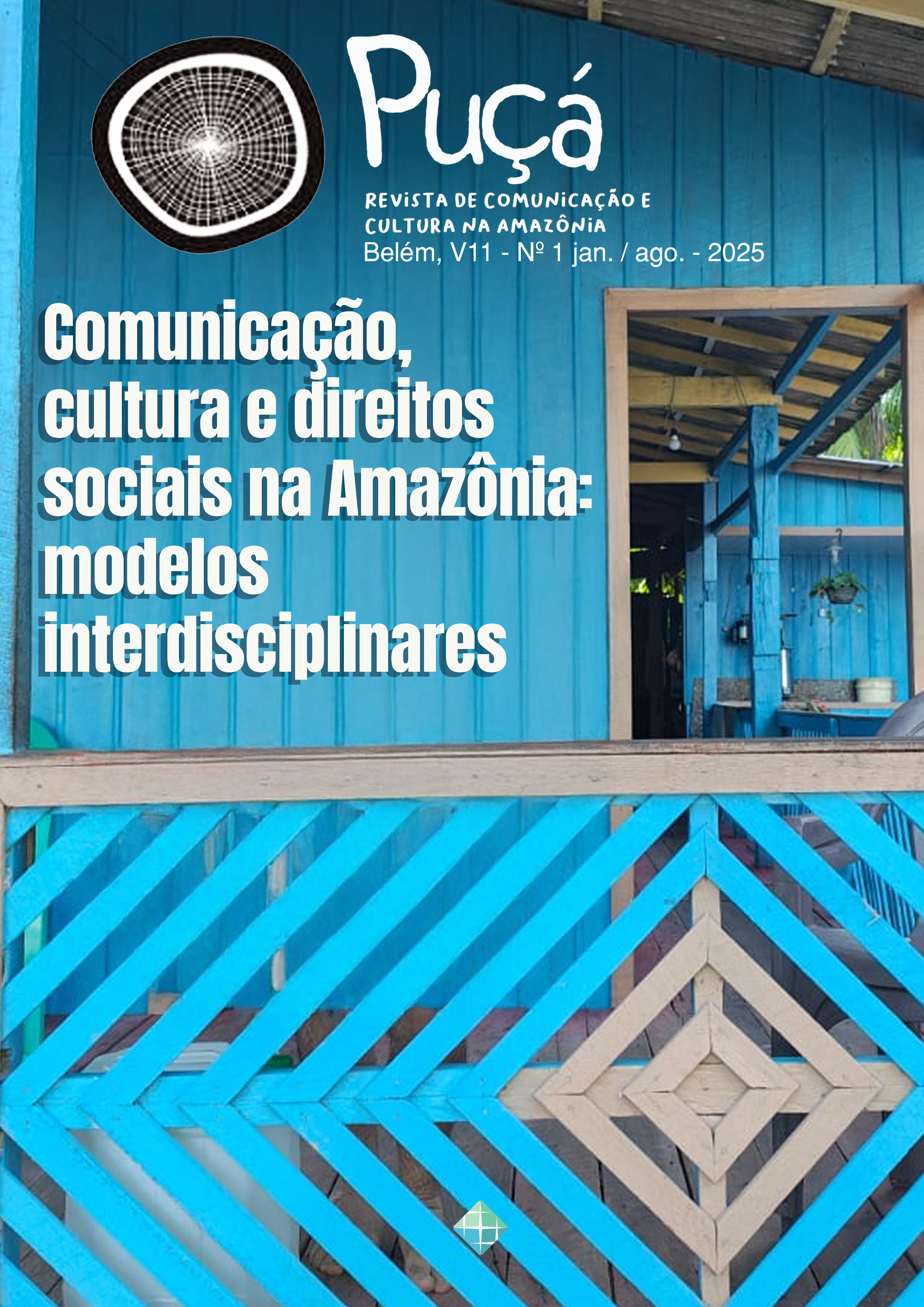JOURNALISM AND THE DISSEMINATION OF RELIGIOUS FAKE NEWS IN BRAZILIAN POLITICS
Keywords:
Fake News, Disinformation, Politics, Religion, JournalismAbstract
This article analyzes the impact of religious fake news during the electoral period, with an emphasis on the 2022 Brazilian presidential elections and the role of the press in confronting this phenomenon in a polarized environment. The main objective is to show how the dissemination of fake news by religious political leaders, specifically federal deputy and pastor Marco Antônio Feliciano of the Liberal Party (PL), affects the formation of public opinion and the challenge that journalism has had in combating disinformation through fact-checking. Through qualitative case studies and content analysis, we investigate how disinformation based on religious discourses shapes political narratives, impacts democratic processes, and challenges journalistic ethics. The study highlights how federal deputy and pastor Marco Antônio Feliciano played an active role in the dissemination of fake news in the 2022 Brazilian presidential elections by using social networks such as Instagram to propagate disinformation narratives, and the importance of fact-checking journalism to mitigate the spread of fake news.
Downloads
Published
How to Cite
Issue
Section
License
Copyright (c) 2025 Puçá: Revista de Comunicação e Cultura na Amazônia

This work is licensed under a Creative Commons Attribution-NonCommercial-NoDerivatives 4.0 International License.
Os artigos publicados pela revista PUÇA são de uso gratuito, destinado a aplicações educacionais e não comerciais. Os direitos autorais são todos cedidos à revista. Os artigos cujos autores são identificados representam a expressão do ponto de vista de seus autores e não a posição oficial da revista PUÇA.

